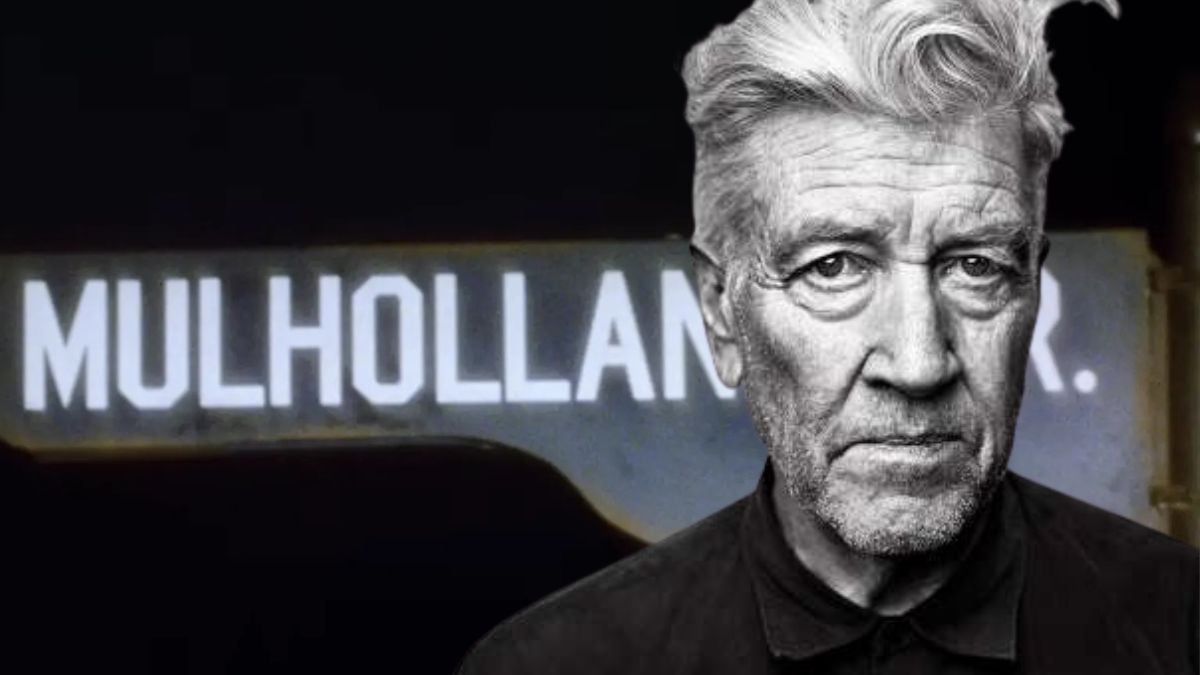David Lynch, the iconic filmmaker, artist, and creative mind who redefined cinema, passed away at the age of 78. His death, attributed to complications from emphysema exacerbated by displacement during the Sunset Fire in Los Angeles, marks the end of a profound era in the film industry. With a net worth of $70 million, Lynch left behind an unparalleled legacy that spans film, television, and art.
Early Life and Artistic Beginnings
Born on January 20, 1946, in Missoula, Montana, David Keith Lynch’s passion for art emerged early. As a child, he displayed a keen interest in visual storytelling, eventually pursuing painting as his first artistic medium. This foundation profoundly influenced his cinematic style, which is known for its painterly compositions and abstract narratives.
In 1971, Lynch moved to Los Angeles to study at the American Film Institute Conservatory. It was there he created his first feature-length film, Eraserhead (1977), a surreal masterpiece that established his reputation as a daring and unconventional filmmaker. Lynch described this period as crucial to shaping his unique voice, blending unsettling atmospheres with an exploration of the subconscious.
Cinematic Achievements and “Lynchian” Storytelling
David Lynch’s contributions to cinema are marked by innovation and risk-taking. Over the course of his career, he directed numerous films that have become cultural touchstones, including:
- The Elephant Man (1980): A poignant drama that earned Lynch two Academy Award nominations for Best Director and Best Adapted Screenplay.
- Blue Velvet (1986): A psychological thriller that delved into the darkness beneath suburban life, earning critical acclaim for its bold storytelling.
- Mulholland Drive (2001): Often hailed as one of the greatest films of the 21st century, this neo-noir exploration of identity and dreams secured Lynch an Academy Award nomination for Best Director.
- Wild at Heart (1990): Winner of the Palme d’Or at the Cannes Film Festival, showcasing Lynch’s ability to blend romance with surrealism.
The term “Lynchian” emerged to describe his style, characterized by fragmented narratives, eccentric characters, unsettling sound design, and a seamless blending of the mundane with the surreal. His work continues to inspire filmmakers worldwide.
“Twin Peaks”: Revolutionizing Television
In 1990, Lynch brought his vision to television with Twin Peaks, a groundbreaking series that blended mystery, drama, and supernatural elements. Centered on the murder of Laura Palmer, the show captivated audiences and redefined the possibilities of episodic storytelling. Its influence is still evident in modern television, from its atmospheric tone to its character-driven narratives.
In 2017, Lynch returned with Twin Peaks: The Return, an 18-episode continuation that pushed the boundaries of surrealist storytelling. Praised as a masterpiece, the series further cemented Lynch’s place as a pioneer in the medium.
Personal Life and Family
Lynch’s personal life was as multifaceted as his career. He married four times, with his most recent marriage to actress Emily Stofle in 2009. Lynch had four children, including Jennifer Lynch, an accomplished filmmaker in her own right, known for films like Boxing Helena (1993).
Despite his complex public persona, Lynch valued family deeply, often drawing inspiration from his relationships for his creative endeavors. His children and his wife were reportedly by his side during his final days.
Advocacy for Meditation and Creative Exploration
A dedicated advocate of transcendental meditation, Lynch credited the practice with enhancing his creativity and mental clarity. In his book Catching the Big Fish, he described meditation as a gateway to exploring deeper layers of thought, which informed much of his work.
Beyond filmmaking, Lynch’s artistic pursuits included painting, music, and design. He even launched his own line of organic coffee, “David Lynch Signature Cup,” reflecting his eclectic interests and entrepreneurial spirit.
Net Worth and Financial Success
David Lynch’s estimated net worth of $70 million was the result of decades of success in film, television, and various business ventures. From his box office hits to his coffee brand, Lynch demonstrated an ability to innovate across industries. His financial success also allowed him to support causes close to his heart, including the promotion of meditation and arts education through the David Lynch Foundation.
Honors and Legacy
Lynch’s accolades reflect his immense contributions to cinema and culture. Among his numerous honors:
- Palme d’Or for Wild at Heart (1990).
- Three Academy Award nominations for Best Director.
- Honorary Academy Award in 2000 for his lifetime achievements in filmmaking.
- Best Director award at Cannes for Mulholland Drive.
Lynch’s work has left an indelible mark on cinema, inspiring filmmakers like Christopher Nolan, Guillermo del Toro, and Denis Villeneuve.
Challenges in His Final Years
In his later years, Lynch faced significant health challenges. Diagnosed with emphysema, his condition worsened when he was displaced from his home during the devastating Sunset Fire in Los Angeles. Despite these struggles, Lynch remained committed to his art, famously declaring that he “would never retire.”
His passing on January 16, 2025, amid the chaos of the Los Angeles fires, marks a somber moment in the history of cinema. Fans and colleagues alike mourn the loss of a creative genius whose work challenged conventions and expanded the boundaries of storytelling.
A Lasting Impact on Art and Culture
David Lynch’s legacy is one of innovation, courage, and unyielding creativity. His ability to explore the depths of the human psyche while maintaining a sense of humor and wonder sets him apart as one of the greatest artists of his time. As the world reflects on his contributions, Lynch’s films, series, and artistic endeavors will continue to inspire generations to come, ensuring that his vision lives on.









